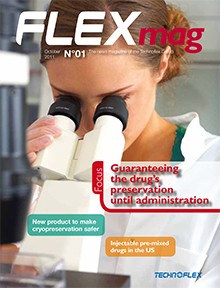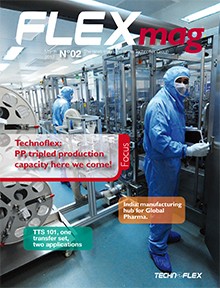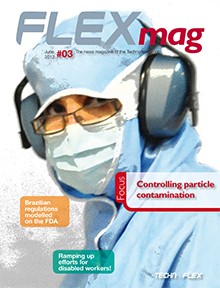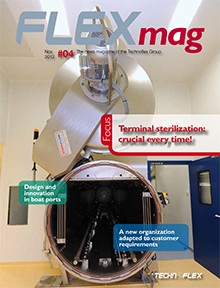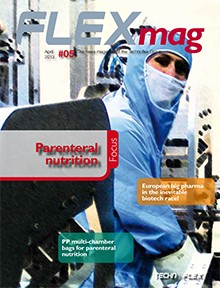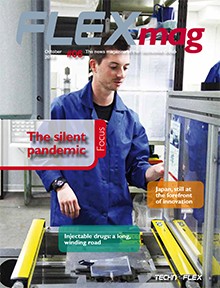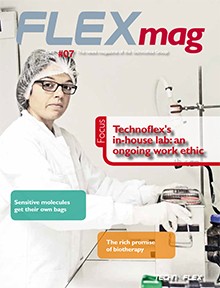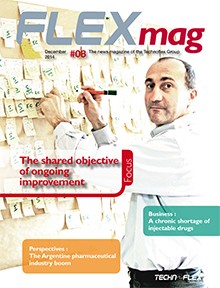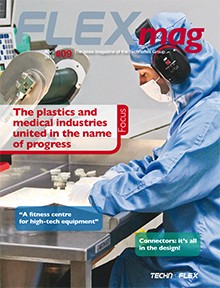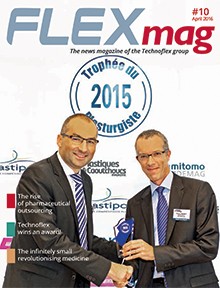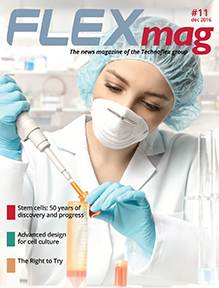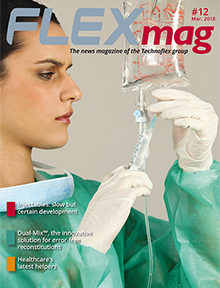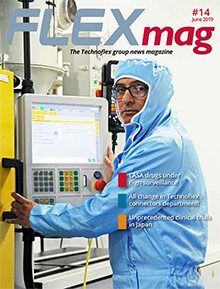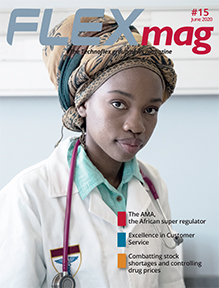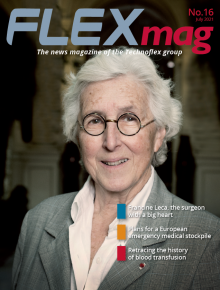The Argentine pharmaceutical industry boom
During the 1990s, many pharmaceutical firms were attracted by Argentina and its low production costs, enabling them to dominate the local market. Since the turn of the century, however, with the arrival of generics, the trend has been reversed. National firms have reconquered the domestic market and 70% of the drugs consumed in Argentina today are produced in the country.
Argentina currently has over 200 pharmaceutical firms accounting for turnover of €3.3 billion in 2013, against €2.5 million in 2012. The Argentine market boasts growth of 23%, ranking it second behind Venezuela and way ahead of Brazil. Argentina was one of the first countries in South America to implement the WHO guidelines on GMPs and inspection standards, a step which now makes it an attractive destination for clinical trials.
Biotechnologies are not lagging behind, either, with over a hundred firms in the sector, 93% of which are domestic. In 2013, the country presented its research into skin regeneration and recombinant protein development. Argentina is innovating and expects to inaugurate a plant this year dedicated to production of monoclonal antibodies for the treatment of cancer and auto-immune diseases. This production plant, the fruit of a public-private partnership, will be the first of its kind in Latin America.
A few obstacles remain to be overcome, however, such as the level of Research and Development investments. They need to be boosted to increase the country’s ability to produce innovative molecules. Finally, the capacities of local production plants, which currently are not enough to compete with those of Chinese or Indian manufacturers, must be increased. Such steps will enable Argentina to pursue its development and increase its competitiveness in the face of multinational pharmaceutical firms.
Sylvie Ponlot




